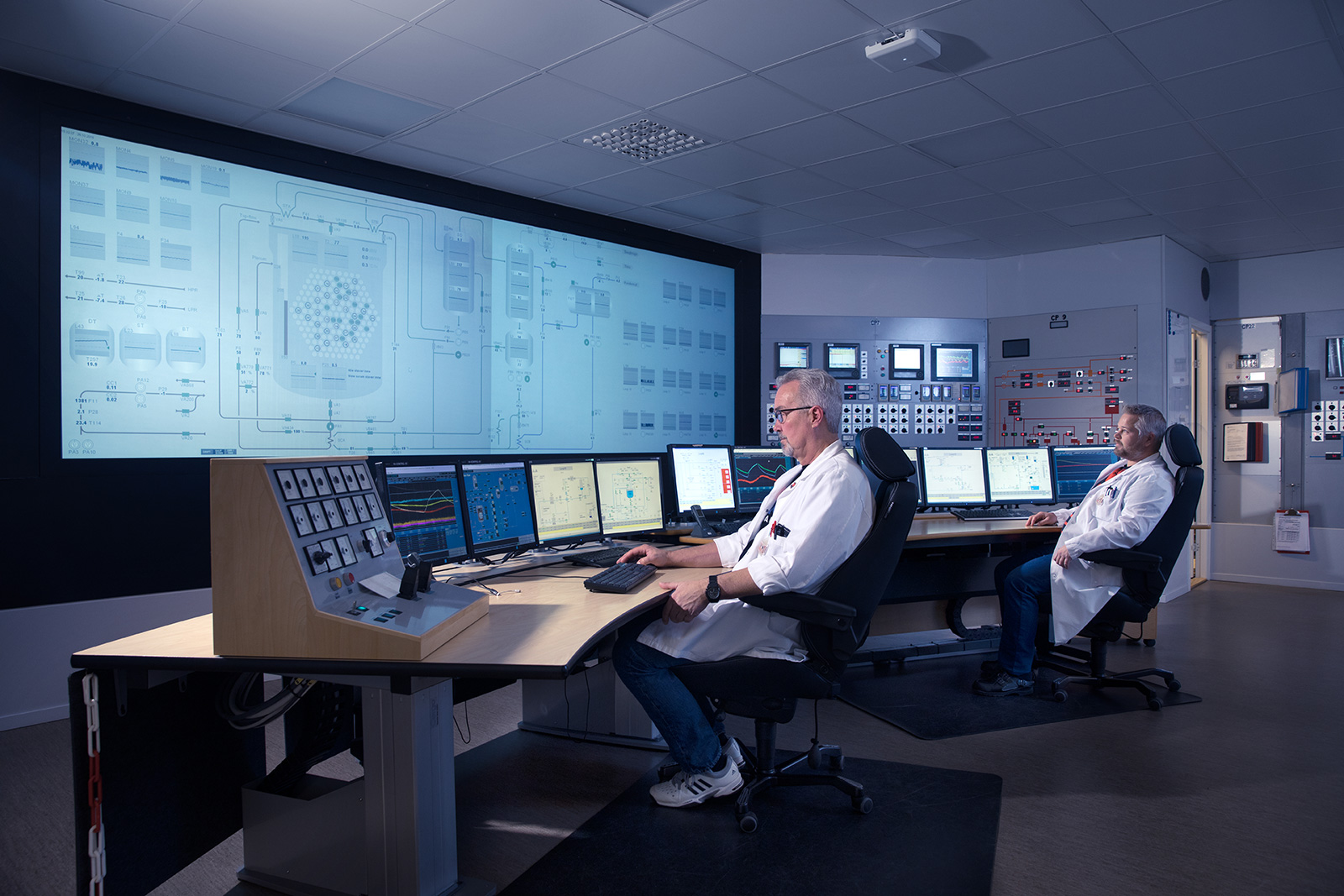The world we live in is becoming increasingly digitalised and even autonomous. This creates opportunities for the development of safer and more efficient work and societal environments and practices. At the same time it challenges our previous understanding of the role of the human in advanced technological systems. The Humans and Automation (HA) department at IFE is working to understand and improve this.
The Humans and Automation department seeks to understand how technology shapes the world around us, and how developments in technology can change the way humans move through the world. Our focus is primarily on the interaction and teaming between humans and advanced technologies, especially in highly digital and/or complex environments. We are curious about how advanced technologies work, what effect they have on people in those environments and how interactions between these people and technologies can be improved. Our mission is to better understand these interactions to support the design and development of future digital, automated and even intelligent systems, with the underlying goal of optimizing performance and safety. We have a strong collaboration network across the Digital Systems sector and within IFE, as well as throughout Norway, Europe, North America and Asia. This is facilitated by our involvement in the OECD Halden Reactor Project, and participation in research projects for the Research Council of Norway and the European Union.
We seek to address the following questions:
- How do humans interact and collaborate with increasingly advanced technologies, and how can this relationship be optimised for performance and safety?
- How might advanced and future technologies change the role of the human, and how do we decide what functions should be performed by the technology versus by the human?
- How can we ensure that the development of advanced and future technologies adopts a suitable human-centered approach to facilitate technology acceptance and use as intended?
Our recently established Human Automation Laboratory, which includes the Halden Aerospace Laboratory, opens up new possibilities for exciting and innovative empirical research and collaboration with our extended partner network.

